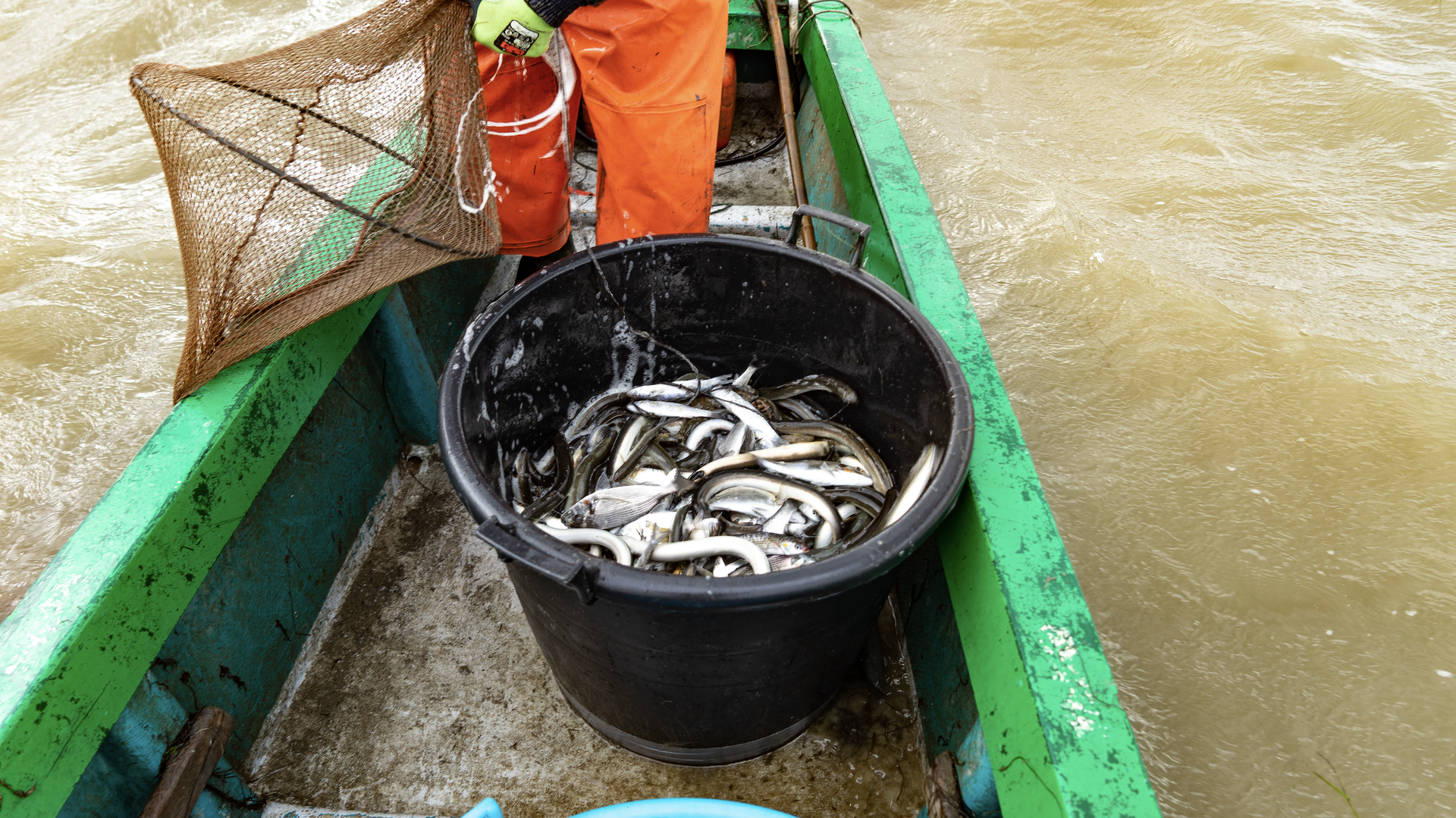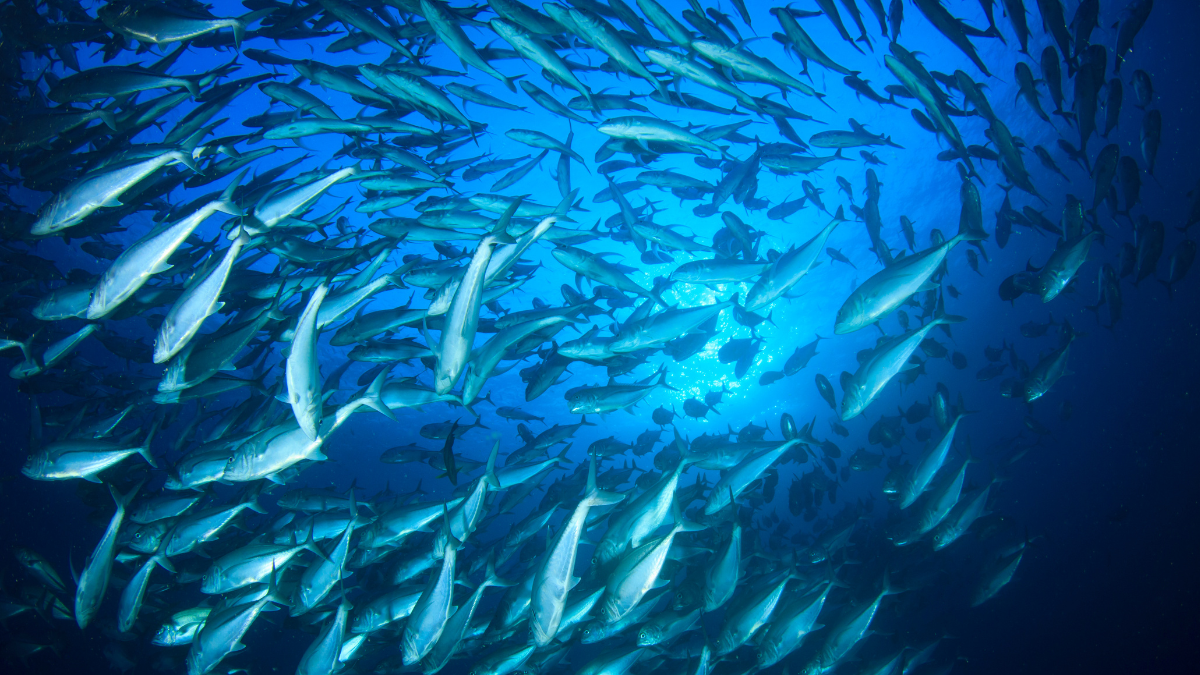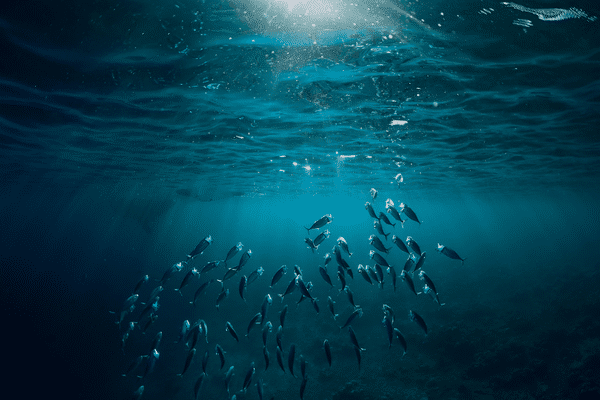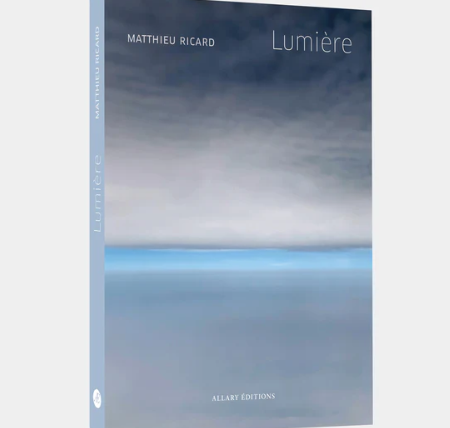Countries Rally to Intensify Efforts for Sustainable Fishing and Aquaculture in the Mediterranean and Black Sea
Twenty countries and the European Union have taken a significant step forward to improve the sustainability of fisheries and aquaculture by adopting 17 crucial decisions, including 12 binding recommendations, during the forty-seventh session of the General Fisheries Commission for the Mediterranean (GFCM) of the United Nations Food and Agriculture Organization (FAO), held in Rome, Italy.
The GFCM is the regional fisheries management organization empowered to issue binding recommendations for the development of fisheries and aquaculture in the Mediterranean and Black Sea. During its annual session, GFCM members engaged in important discussions to review and adopt proposed recommendations and resolutions, all based on the best available scientific advice.
“This annual session marked the conclusion of a year of intense and collaborative work and demonstrated the GFCM members’ continued commitment to addressing the increasing challenges facing the fisheries and aquaculture sector in our region,” stated Miguel Bernal, GFCM Executive Secretary.

The percentage of overfished stocks in the Mediterranean and Black Sea has dropped to its lowest level in a decade (below 60 percent), but fishing pressure remains twice the level considered sustainable, as highlighted by the GFCM’s flagship publication, The State of Mediterranean and Black Sea Fisheries 2023. To address this issue, the GFCM is tackling all aspects of sustainable fisheries management.
Among the decisions adopted this week is the strengthening of management measures for several priority GFCM species, including European eel, red coral, pink dentex, European hake, Norway lobster, sprat, turbot, veined rapa whelk, spiny dogfish, and sturgeon.
In the Adriatic Sea, a rigorous management strategy evaluation process led to a landmark recommendation to establish species-specific catch control rules and annual catch limits for sardine and anchovy. This decision departs from the previous joint catch limits and promotes ecological sustainability and economic stability.
Meanwhile, in the Black Sea, a slight increase in catch limits was adopted for turbot, a key species whose fishing mortality has decreased threefold while biomass has tripled, nearing sustainability following the implementation of a multi-annual management plan in 2017. This decision aims to support fishers, deter illegal, unreported, and unregulated (IUU) fishing, improve data collection on fishing effort and discards, and introduce new technical measures to reduce bycatch.
A New Regulated Fishing Zone in the Mediterranean
Spatial management was also a central focus, as countries agreed to create a regulated fishing zone in the Otranto Channel in the Adriatic Sea. This decision establishes a core zone where bottom trawling is banned to protect vulnerable marine ecosystems, such as bamboo coral habitats, and to enhance marine resource productivity by safeguarding key fishery habitats like those of red shrimp and blue and red shrimp. A buffer zone was also designated where fishing activities are regulated.
This regulated fishing zone is the eleventh established by the GFCM, with an area comparable to the size of a country like Luxembourg.

Aquaculture was another crucial issue discussed this week, with countries acknowledging the progress made toward sustainable development in this sector, as well as the many assistance programs established across the region over the past year.
In response to emerging diseases driven by climate change that threaten the productivity and growth of aquaculture, countries decided to create a network to monitor aquatic diseases and reduce the risks posed by trade as much as possible.
Responsible investment principles for aquaculture were also adopted, aiming to make the sector more attractive to investors and highlighting its role in food security.
Progress on Compliance and Tackling Illegal, Unreported, and Unregulated (IUU) Fishing
The annual session prioritized strengthening compliance to ensure that member countries effectively apply the GFCM’s decisions, supporting their commitments to the development and regulation of fishing and aquaculture activities.
Significant progress has been made in recent years, with the GFCM playing a pivotal role in the advancement of several countries revising their national legislation to specifically target IUU fishing. The GFCM has also been instrumental in implementing measures such as the regional action plan against IUU fishing within its area of competence.
As a result of these efforts, Albania, Algeria, Egypt, Morocco, Montenegro, Turkey, the European Union, and its member states received the compliance award at the annual session for incorporating GFCM decisions into their legal frameworks and submitting rigorous data.
Last year marked the launch of a new phase toward a more modern framework that enables closer monitoring of member countries’ adherence to GFCM decisions. The session largely focused on how to equip GFCM countries with the necessary tools to make faster progress in this area. Countries emphasized the need to improve compliance assessments and enhance the implementation of monitoring, control, and surveillance tools such as inspection programs and vessel monitoring.
Next Steps
All decisions adopted during this annual session are aimed at ensuring the long-term sustainability of the fishing and aquaculture sectors.
« For the future, I am confident that we can raise the bar and collectively meet the challenges ahead. I would also like to acknowledge and congratulate those who contribute collectively to our efforts: the experts, administrators, fishers, and aquaculturists for their hard work and commitment to our ever-growing work, as the ultimate beneficiaries of our decisions, » said Fouad Guenatri, Study and Synthesis Officer, Ministry of Fisheries and Fishery Production, Algeria, and Vice President of the GFCM.
About the GFCM
The GFCM is a regional fisheries management organization under the FAO, with a mandate that covers all the waters of the Mediterranean and Black Seas. Its primary mission is to ensure the preservation and sustainable use of marine biological resources, as well as the sustainable development of aquaculture.
The GFCM is composed of 23 contracting parties (Albania, Algeria, Bulgaria, Cyprus, Croatia, Egypt, Spain, France, Greece, Israel, Italy, Lebanon, Libya, Malta, Morocco, Monaco, Montenegro, Romania, Slovenia, Syria, Tunisia, Turkey, and the European Union) and six cooperating non-contracting parties (Saudi Arabia, Bosnia and Herzegovina, Georgia, Jordan, Moldova, and Ukraine).
Source: elwatan




